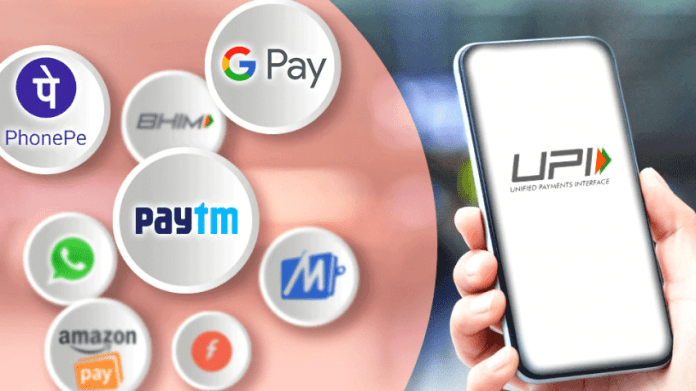Never share your PIN. Whether it is a friend or a family member, even someone you trust deeply, sharing a PIN with anyone can make you vulnerable to fraud.
Be careful if you use UPI payment apps like GPay, Paytm, PhonePe. As much as this facilitates our transaction pattern, it also has some disadvantages which need to be taken care of. UPI enables bank account holders (of banks participating in UPI) to send and receive money using a Virtual Payment Address (VPA), a unique ID, without the need for additional bank information.
Fraudsters ask for a Virtual Payment Address (VPA) over a phone call or by chat. So while using such apps, users should be aware of the UPI payment security measures to avoid falling prey to cyber frauds. Some simple steps which include not clicking on random links, answering fraud calls, providing necessary transaction details like PIN number, password etc.
Don’t share your pin
Never share your PIN. Be it a friend, a family member, even someone you trust immensely, sharing a PIN with anyone can leave you vulnerable to fraud.
Be alert for transfer request over UPI
Fraudsters can fraud by requesting to send money on UPI apps like Bharat Interface for Money (BHIM), Google Pay, PhonePe etc. The fraudsters ask the seller of the product to transfer money using the ‘Request Money’ option of the UPI apps. Several cases of such frauds have come to the fore in the last few months.
Have a strong password
Lock your phone and your payment apps with a strong password. Usually most of the people use simple password like your name, date of birth, mobile number etc. It should be avoided. To make your password strong, include letters, numbers, and letters.
Keep your transaction mode simple.
Update the UPI app regularly. You should always update the UPI payment app to the latest version.


